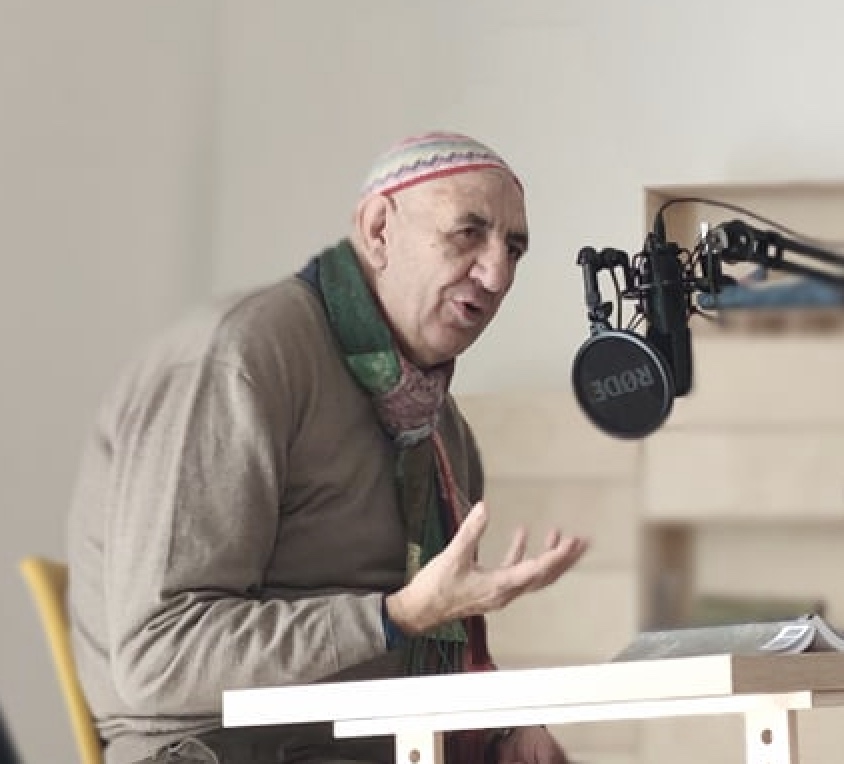Within a couple of weeks the fate of Opel could be sealed, if everything goes according to the expected timetable. The aim of all parties involved is to make a decision on the loss-making German subsidiary of General Motors by the end of May. At that point we will have understood whether European integration has made progress or whether on the contrary it has suffered a setback.
Two companies are competing for the Rüsselsheim-based firm: The Italian car company Fiat and the Canadian producer of automotive components Magna, associated with two Russian investors. Detailed plans of their attempted merger with Opel are expected by May 20th, according to the German government which is playing the go-between. At the moment, Fiat appears to be in the run, although its bid is clearly opposed by many in the German establishment. Trade unions and Social Democrats fear that a merger with Opel would provoke the closure of many plants as well as thousands of job cuts. The same applies in Italy where strikes have hit Fiat in the last few days. Some German observers are worried about the Italian company's debt and remember that collaboration between the two firms at the start of the decade under a GM-Fiat agreement left many sour memories. Fiat CEO Sergio Marchionne's plan might have a few shortcomings, but it is a first important step towards a much-needed consolidation of the car sector. Together Fiat and Opel have more than 100,000 employees, 18 plants in eight countries. Europe as a whole has 144 production locations, used by 26 different brands. Everybody agrees that the sector needs a deep restructuring, especially in Europe. A Fiat-Opel merger would allow for the creation of a new European car giant, second only to Toyota worldwide. It remains to be seen whether Germany and Italy will have the political will to impose an unpopular but necessary restructuring of their automotive sector. In this sense, the Opel saga could have major political repercussions at a time when Europe wavers between integration and disintegration amid the current financial and economic crisis. Choosing Fiat as a partner for Opel would boost European industrial and political integration. On the other hand opting for Magna would probably result in a setback for the EU.


